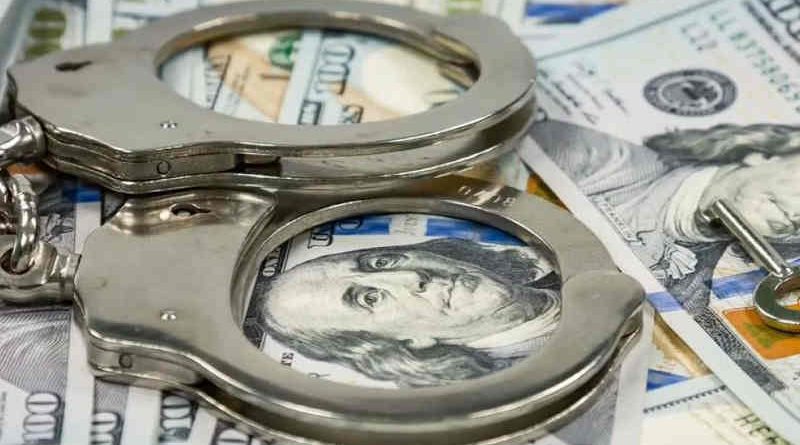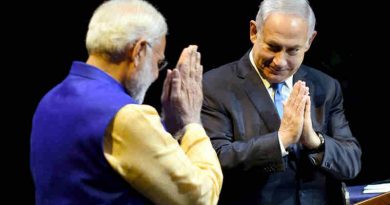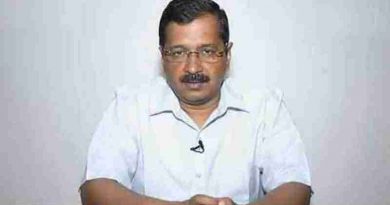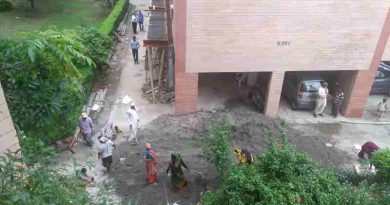How to Prevent Corruption in Covid Funds

The UN Office on Drugs & Crime (UNODC) observes that governments around the world have responded to the Covid-19 pandemic with huge fiscal stimuli and emergency rescue packages designed to prevent economic catastrophe.
The vast amount of resources allocated and the speed at which they are being disbursed present opportunities for corrupt practices, such as embezzlement, bribes, and price gouging in essential medicines, medical supplies, and equipment and the manipulation of procurement processes for crucial health sector resources.
Anti-corruption safeguards, according to UNODC, are largely absent from emergency frameworks, limiting opportunities for oversight and accountability concerning how such funds are used and whether they have a measurable impact on crisis response and recovery.
Within the context of these challenges, is enough preventive work being done? Discussions, like those held at the eighth session of the Conference of the States Parties to the United Nations Convention against Corruption (UNCAC), on enhancing collaboration between Supreme Audit Institutions (SAIs) and Anti-Corruption Authorities (ACAs) to better prevent and fight corruption are particularly important in the context of Covid-19.
The role of these oversight bodies is unique: they have prior knowledge of the state institutions that deliver economic support and have the ability to identify areas where additional attention may be required.
| Download All Issues of Covid Health Bulletin | ||
| April 16-30, 2020 | May 1-15, 2020 | May 16-31, 2020 |
| June 1-15, 2020 | June 16-30, 2020 | July 1-15, 2020 |
| July 16-31, 2020 | ||
With many countries adopting a “pay now, check later” approach to providing support grants to businesses impacted by Covid-19, UNODC suggests that countries should establish, implement and communicate the transparency measures taken to verify the origin, use and impact of funds, together with a clear plan for future scrutiny and assurance.
One approach is to establish a specialized task force to prevent and investigate fraud and corruption in the implementation of Covid-19 emergency support. Another approach is to launch a public campaign to raise awareness of the risks and consequences of corruption in the disbursement and allocation of stimulus funds.
This includes the abuse of emergency business grants by established companies that are not legally entitled to them, the creation of fake companies to take advantage of the current situation, or organized criminal groups impersonating companies in need.
UNODC says it will be some time before we know the real impact of Covid-19, the extent of the damage done, and whether it gave rise to new corrupt activities. However, according to UNODC, it is already clear that a strong, coordinated approach to anti-corruption is needed at the global level to help ensure that emergency economic rescue and stimulus packages reach intended beneficiaries in a transparent, inclusive and effective manner.
The work of oversight bodies provides significant opportunities to achieve such aims through ongoing monitoring and accountability mechanisms. Not only do these actions help States recover from the immediate crisis, but they also help to ensure that we are better equipped to tackle similar challenges in the future.




